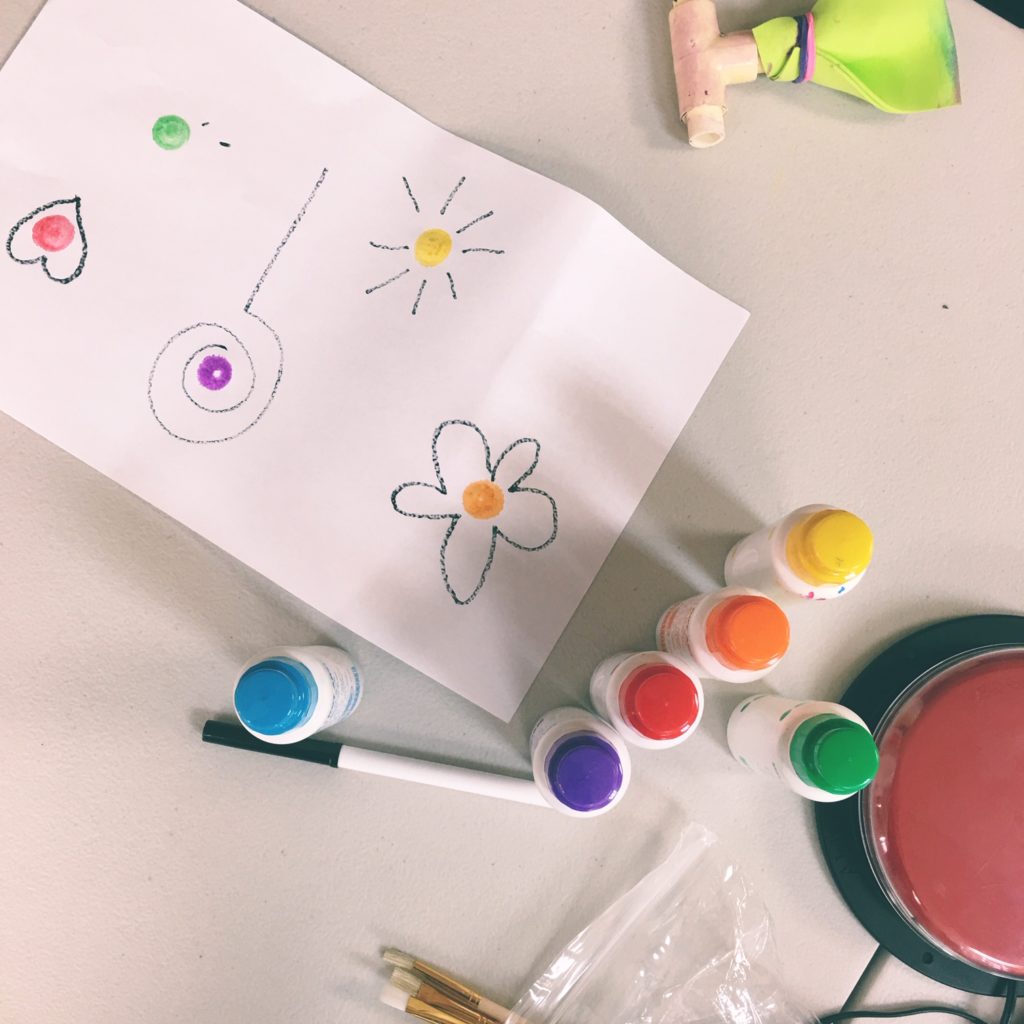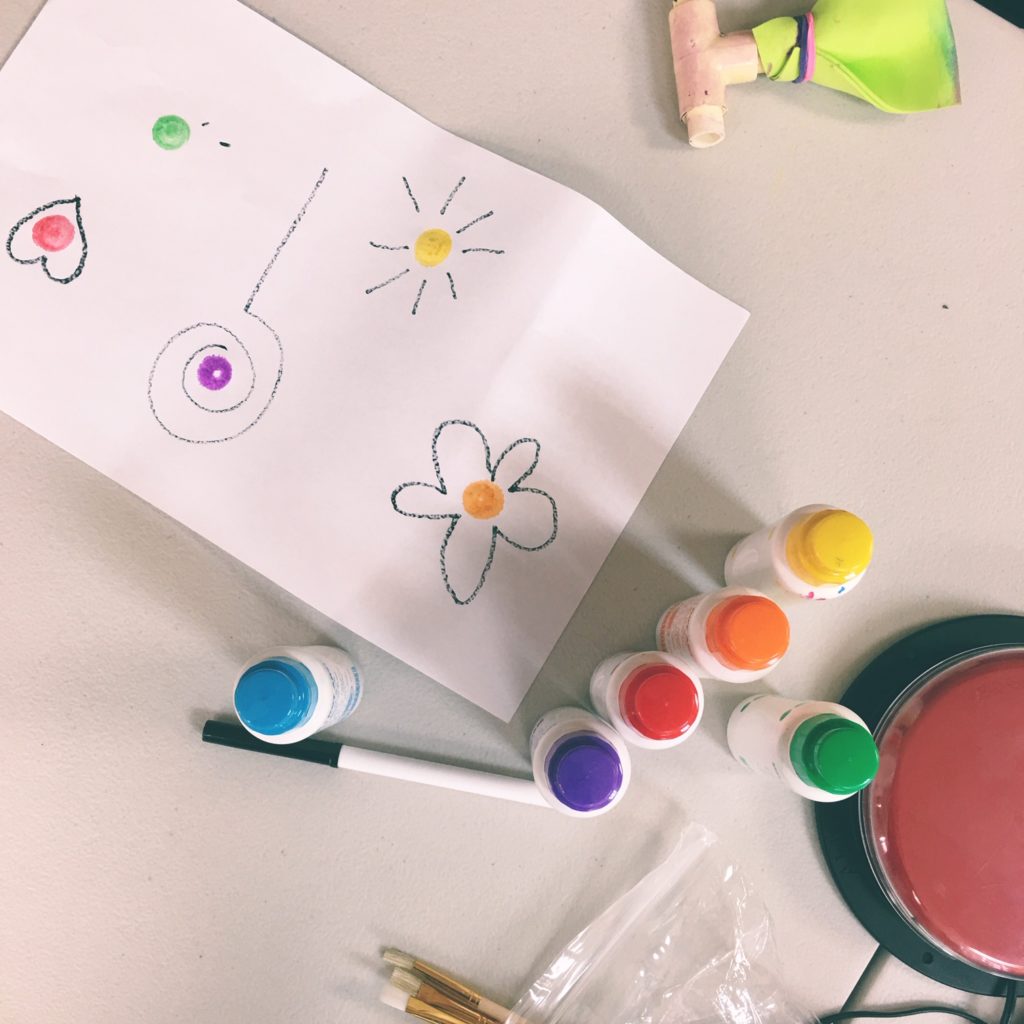
In a situation where a baby vocalizes “baba”, the communication partner, knows what the baby wants even though the infant did not say the word completely. The baby can’t put all the sounds (phonemes) together yet to say the complete word, “bottle”, but the communication partner attributes meaning to the vocalization and hands the baby a bottle, knowing that “baba” means give me the bottle
In the situation with the “baba”, the communication partner would probably say to the baby, something like, “Oh, you want your bottle?” Emphasizing in that the target word the baby wants their “bottle”. This reciprocal conversation will extend into later stages of language like when a toddler strings two words together like “juice again.” The communication partner knows, what the child is trying to convey, but again, the child just doesn’t have the language system and rules in place yet to say “more juice please.”
Language develops over time and it is our job as communication partners to help young children develop their language by modeling correct language and attributing meaning to their language. Speech pathologists screen children to make sure that a child’s language follows developmental norms. There are special standardized tests which speech pathologists use to assess language in children as young as infant babbling starts all the way to adulthood. These language tests give the speech therapist an inside view on processes that may be delayed or disordered. If you think your child is not meeting typical developmental norms, you should take them to get screened as soon as possible.
